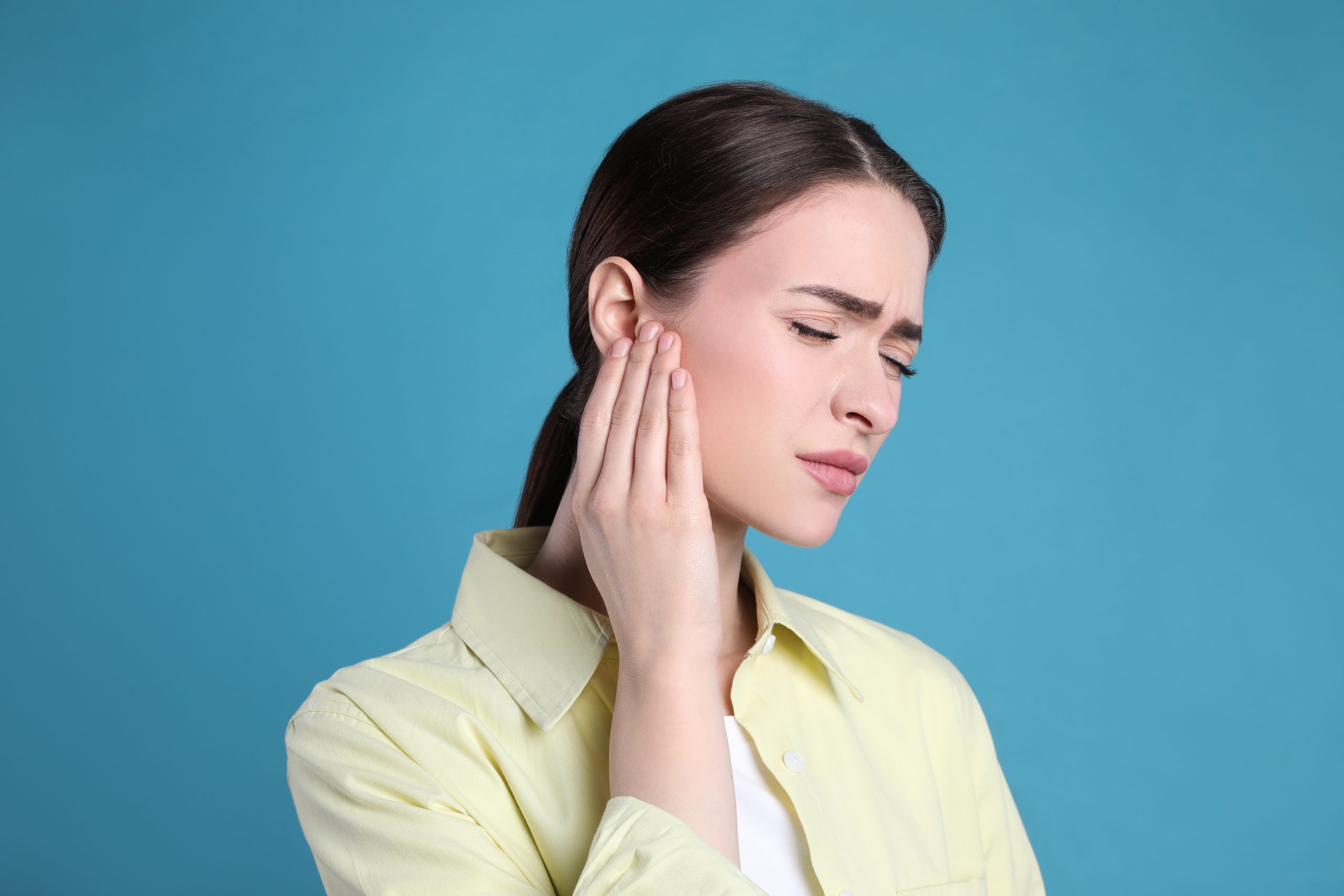

Popping or cracking sounds in the ear – Causes, Diagnosis & Treatment at Emirates Hospital Group
Popping or cracking sounds in the ear can be a common and often harmless experience. However, if these sounds are persistent, accompanied by other symptoms, or affect hearing, it’s essential to seek medical advice. These sounds can be bothersome and may indicate an underlying issue that requires professional evaluation.
Causes:
- Eustachian Tube Dysfunction: The Eustachian tube connects the middle ear to the back of the throat. Problems with this tube, such as blockage or inflammation, can cause popping, clicking, or cracking sounds, along with a feeling of fullness or pressure in the ear. This can be related to allergies, colds, or sinus infections.
- Temporomandibular Joint (TMJ) Disorders: Problems with the jaw joint can cause clicking or popping sounds when chewing or opening the mouth, and these sounds can sometimes be perceived in the ear.
- Earwax Buildup: Excessive earwax can sometimes cause clicking or popping sounds as it moves around in the ear canal.
- Muscle Spasms: Small muscles in the middle ear can sometimes spasm, causing clicking or fluttering sounds. These spasms are usually harmless.
- TMJ Disorders: Problems with the jaw joint can cause clicking or popping sounds when chewing or opening the mouth, and these sounds can sometimes be perceived in the ear.
- Other Causes: Less common causes include fluid in the middle ear, certain medications, or, rarely, tumors.
Diagnosis:
- Physical Exam: Examining the ear canal and eardrum using an otoscope. The doctor may also check the jaw joint and listen to the sounds during jaw movement.
- Patient History: Gathering information about the onset, duration, nature of the sounds, any other symptoms (like pain, hearing loss, or dizziness), and relevant medical history.
- Tympanometry: A test that measures how well the eardrum is moving.
- Audiogram: A hearing test to assess hearing.
Treatment:
- Eustachian Tube Dysfunction: Treatment may include decongestants, nasal corticosteroids, or, in some cases, ear tubes to drain fluid from the middle ear. Treating underlying allergies or sinus infections can also help.
- TMJ Disorders: Treatment may include pain relievers, muscle relaxants, physical therapy, or a mouthguard.
- Earwax Removal: Earwax can be removed by a healthcare professional using special instruments.
- Muscle Spasms: Usually resolve on their own without treatment.
- Other Causes: Treatment will depend on the specific cause of the sounds.
Important Considerations:
- Consult a healthcare professional if the popping or cracking sounds in your ear are persistent, accompanied by other symptoms like hearing loss, pain, dizziness, or drainage from the ear.
- Do not attempt to self-treat ear problems without consulting a doctor. Inserting objects into the ear canal can be dangerous and can worsen the problem.
- While occasional popping or clicking sounds are often harmless, it’s always best to seek medical advice if you have any concerns.
Related Treatments
Request an appointment
Please complete the details and we will book you shortly.
